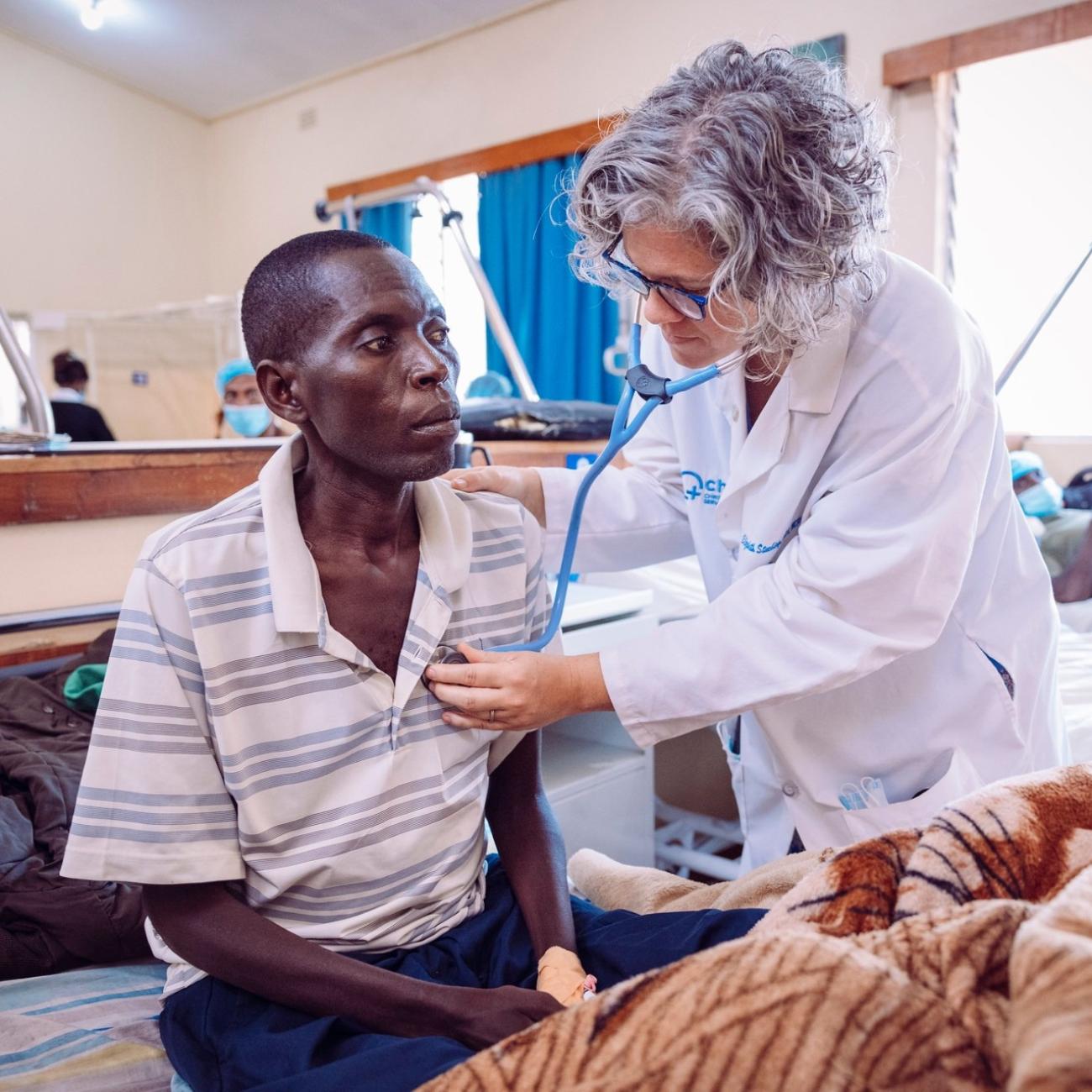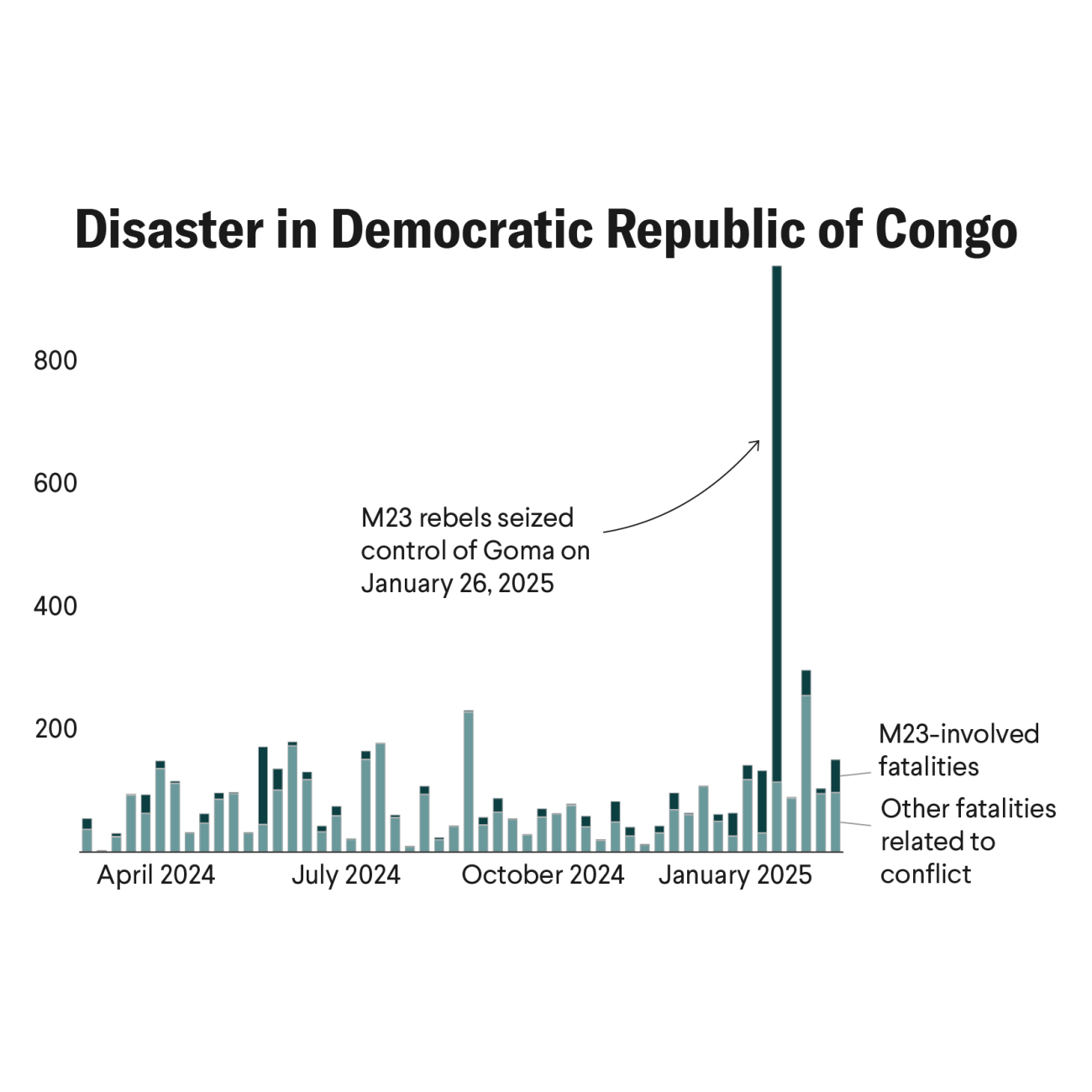Located just two hours outside Guatemala City, the highlands of Tecpán, Chimaltenango, are home to a predominantly Indigenous Maya community—more than 40% of the country's overall population. Despite their history of conflict and state repression, the Maya people have resiliently maintained their cultural traditions, including the practice of ancestral medicine.
The geographical seclusion of Tecpán and of other rural Maya communities poses a significant challenge for accessing urban medical facilities. The rugged terrain makes travel difficult, particularly for pregnant women, who face high-risk conditions due to the area's limited health-care infrastructure. That situation is compounded by a reluctance, rooted in a history of mistreatment and discrimination, among many Indigenous women to seek care in larger hospitals.
In response to those challenges, pregnant women often turn to traditional Indigenous midwives, known as comadronas, who are hired by families to assist with pregnancy, labor, and the postpartum period, in rural Maya communities where maternal mortality rates are twice that of the country's average.
Despite the geographical and cultural isolation, recognition is growing for the potential supplement traditional health-care practices with modern technology to address the growing mortality rates for Maya women.
Maternal Care Practices
Today, 60% of the Maya population lives in extreme poverty, with Indigenous women facing considerably more barriers than men in education and health-care access.
60% of the Maya population lives in extreme poverty
The enduring challenges in accessing health care have bred a deep-seated mistrust of government institutions within Indigenous communities that is compounded by language barriers and discrimination. Maya patients often do not speak Spanish, Guatemala's national language, and encounter obstacles to seeking care in public health facilities. Their limited Spanish proficiency hinders their ability to effectively communicate symptoms and grasp medical terminology. Hospitals also often lack the necessary resources to support any of the 20 languages spoken in Maya communities, and health-care providers frequently neglect to provide interpreters, further deepening the communication gap.
Another concern is the discrimination Maya patients endure within urban health-care systems. Many report experiencing disrespectful treatment that includes verbal abuse, raised voices, and derogatory comments, as well as the enforcement and poor explanations of medical procedures. Expectant mothers are particularly vulnerable, sometimes subjected to unnecessary cesarean sections and sterilizations without their informed consent.
That mistreatment leads many Maya women to seek comadronas, who, unlike doctors or nurses in urban areas, prioritize conducting maternal visits within the comfort and security of the mothers' homes using methods that are deeply rooted in their community's history and cultural identity. Examples include traditional steam baths and abdominal massages.
Dr. Anahi Strader, a pediatrician and member of the Maya Health Alliance, an organization dedicated to providing primary care to Maya communities, shares a personal reflection on the unique role of comadronas: "An interview with a comadrona, facilitated by an interpreter, felt as intimate as conversations with my mother," she reflects. "They hold the role of counselors, family members, and doctors, deeply integrating themselves into the lives and well-being of the mothers they care for."
Beyond their traditional roles, comadronas also conduct growth examinations on babies, provide nutritional advice, and offer emotional support.
Developing Accessible Technology
Despite their critical role, comadronas often encounter limitations due to a lack of modern medical tools and training, especially when dealing with complex pregnancy and childbirth complications. That shortfall is particularly evident in emergencies such as fetal distress or preeclampsia, highlighting the necessity of merging their traditional practices with modern medical science.
Anahi addresses common misconceptions about comadronas: "Comadronas are sometimes seen as outdated or unskilled because they lack formal medical education. However, this view ignores the profound trust they have established in their communities."
With appropriate technological aid, comadronas can enhance their current practices by monitoring and detecting pregnancy complications
With appropriate technological aid, comadronas can enhance their current practices by monitoring and detecting pregnancy complications. Modern medical equipment found in urban hospital systems, however, is costly and challenging to implement in areas like the rugged, rural terrains of Guatemala where Maya communities live. Those difficulties are intensified by the need for specialized skills and training to operate such equipment.
To address that issue, Dr. Rachel Hall-Clifford, an anthropologist from Emory University, used her experience collaborating with the Maya Health Alliance during graduate school to develop the safe+natal kit, which includes essential medical tools such as a smartphone, Doppler ultrasound, and blood pressure cuff designed for remote area usage. The aim for the safe+natal kit extends beyond simply providing comadronas with tools; it seeks to enhance their skills, challenge the perception of their methods as outdated, and enable them to offer more effective, comprehensive care.
That initiative equips comadronas with capabilities comparable to that of modern hospital equipment and optimizes their efficiency.

Hall-Clifford points out a significant feature: "Every screen provides audio instructions in the local Mayan language, catering to all literacy levels, since it's not a traditionally written language." The feature ensures that the app is accessibile to all users regardless of their literacy or medical background. The comadronas, many of whom had never used a smartphone before, contributed directly to creating the visual guides and pictograms.
The Maya Health Alliance led the implementation of the safe+natal device, beginning in the rural community of Tecpán, Chimaltenego. By conducting extensive training sessions for comadronas, the alliance has enabled the widespread adoption of the technology across Maya communities. The comadronas now use standardized questions to identify pregnancy risks, monitor blood pressure, and systematically input data into the app. This not only enhances the quality of prenatal care but also positions the comadronas as pioneers of a health-care model that harmoniously blends traditional wisdom with modern science.
Devices like the safe+natal kit are not intended to replace comadronas, but to provide supplementary monitoring capabilities, offering a standardized method for health workers to detect pregnancy complications more effectively.
The success of the safe+natal program in Maya communities is evidenced by the absence of any maternal deaths in areas where it operates
The success of the safe+natal program in Maya communities is evidenced by the absence of any maternal deaths in areas where it operates between 2018 and 2020, underscoring the potential of this model to transform health-care standards in regions where traditional practices and modern technology converge.
Numerous groups are following to incorporating modern medical practices to complement the efforts of Maya midwives. The Ministry of Health in Guatemala has actively sought their collaboration in delivering health care to Maya communities, marking a significant step toward recognizing their crucial role in the country.
As part of this initiative, they have begun the development of enhanced training programs and licensing procedures for comadronas, resulting in the registration of more than 23,320 midwives. During training sessions, comadronas are equipped with the skills to identify potential danger signs, such as a breech baby position or symptoms such as fever and abdominal pain in pregnant women. In such cases, they are encouraged to promptly refer their patients to the nearest health center for further care.
Comadronas will continue to play a pivotal role in safeguarding the health and well-being of mothers in Guatemala. They are a vital link to health care in the community, and their skills are enhanced by the integration of culturally sensitive tools and technology. The safe+natal kit, along with the developments of other primary care groups in the Maya highlands, are a compelling model for practices that seek to blend modern science with ancestral medicine.






